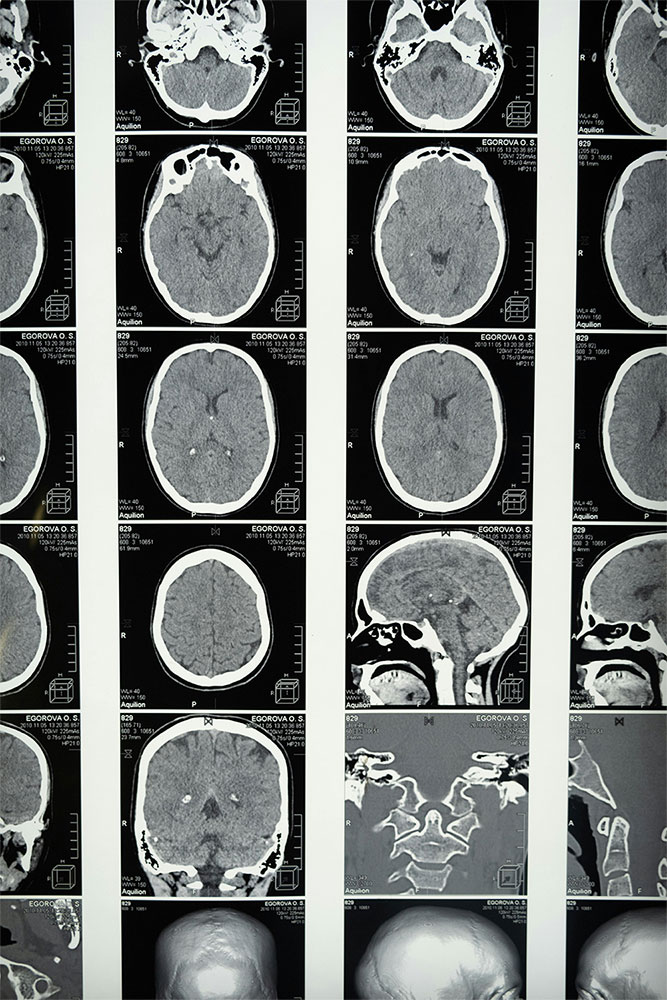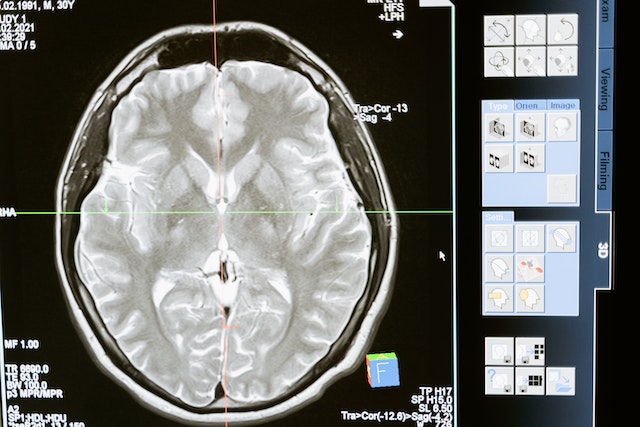In our quest for improved mental health, we often overlook one of the most powerful tools available to us: exercise. Beyond its physical benefits, exercise has a profound impact on our mental well-being and can play a crucial role in maintaining a healthy mind. Let’s explore the fascinating connection between exercise and mental health.
Exercise and Mood Enhancement
Engaging in physical activity releases endorphins, the feel-good chemicals in our brains. These natural mood boosters can alleviate symptoms of anxiety and depression, promoting a sense of well-being and contentment [1]. Whether it’s a brisk walk, a heart-pumping workout, or a peaceful yoga session, exercise has the power to lift our spirits and enhance our overall mood.
Stress Reduction
Life’s challenges can leave us feeling overwhelmed and stressed. Exercise acts as a stress reliever, helping us combat the negative effects of daily pressures. Physical activity reduces the production of stress hormones like cortisol while triggering the release of neurotransmitters that promote relaxation [2]. Through exercise, we can find an outlet for tension, allowing us to clear our minds and find a sense of calm.
Cognitive Function and Mental Clarity
Regular exercise has a profound impact on cognitive function and mental clarity. Physical activity increases blood flow to the brain, delivering essential oxygen and nutrients necessary for optimal brain function [3]. It enhances memory, focus, and concentration, making us more alert and mentally sharp [4]. So, when faced with mental fog or a lack of inspiration, a workout might be just what you need to regain clarity and mental agility.
Boosting Self-Esteem and Confidence
Regular exercise contributes to improved self-esteem and self-confidence. As we engage in physical activity and witness our progress, we develop a sense of accomplishment and pride in our abilities. Exercise provides an opportunity to set goals, overcome challenges, and push our boundaries, fostering a positive self-perception. Through consistent effort, we can experience personal growth and an enhanced belief in our capabilities.
Social Connection and Support
Exercise offers an excellent avenue for social connection and support, which is essential for our mental well-being. Joining group activities, sports teams, or fitness classes allows us to interact with like-minded individuals, fostering friendships and a sense of belonging. The social aspect of exercise can provide emotional support, motivation, and accountability, enriching our overall mental health.
Incorporating Exercise into Your Routine
Incorporating exercise into your daily routine doesn’t have to be complicated or time-consuming. Start small and gradually increase your activity level. Find activities that you enjoy, as it’s more likely that you’ll stick with them in the long run. Whether it’s a walk in nature, a dance class, swimming, or cycling, choose activities that bring you joy and make you feel good.
Remember, exercise is a powerful tool for nurturing your mental health. It’s not about striving for perfection or comparing yourself to others; it’s about finding joy in movement and embracing the positive impact it can have on your mind. So, let’s lace up those shoes, step outside, and move our way toward a healthier, happier mind.

Resources
[2] Harvard Health Publishing (2020, July), Staying Healthy: Exercise to relax.













































































































